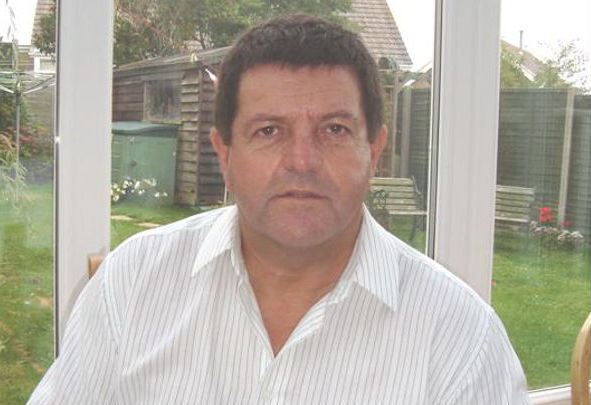Leader of the Isle of Wight council, Cllr Dave Stewart, shares this latest press release.
The ‘One Island One Service’ idea seems to be building on work of the highly acclaimed, revolutionary ‘integrated care hub’. Ed
Council leader unveils plan for integrated public services – ‘One Island – One Service’
Council leader Dave Stewart today unveiled a radical plan to integrate public services on the Island into a single ‘hub’ approach that will save substantial amounts of cash and maintain or improve the delivery of vital help to residents.
The ‘Island Hub’ concept has been given support in principle by all major providers including health, social care, the police, fire, ambulance and charities after Dave held meetings with all parties to sound out the scheme.
Feasibility study to be launched
A feasibility study will now take place to look at the detail of what needs to be done but, if adopted, the idea will be for residents to have a one-stop shop access to services.
Dave also vowed the move would not lead to any reduction in services, but the maintaining and improving of existing ones as all providers work together for the good of the Island. He has already spoken at length to the local government secretary Sajid Javid about the plans.
Dave said,
“Some people think this Island cannot cope alone but I do not believe that, I think we should use our Island status to our advantage and having a ‘one Island – one service’ concept is using that advantage for the good of residents and I think we should be looking closely at achieving it.
“The fact is money is tight and it will remain tight and so we need a radical plan to maintain and improve our services and it seems obvious to me the best way to do that is to pool our resources and work together.
“We need an innovative approach to making sure social care works on the Island to relieve pressure on our health services and I thank all the providers for being so receptive to this idea and coming on board to see if it’s feasible.
“The move is building on existing plans by emergency services and councils across the country to share the use of buildings and back office functions, but this initiative will go further to offer a completely integrated approach to help residents and save money across the board.
“This Island has a great future, and one that’s in its own hands, but it needs to be innovative and dynamic. We can do this. We can be a leader in this sort of scheme and there is genuine excitement that it can be achieved.”
Common approach to structures
The development of a common approach to leadership, management and administrative structures to support service delivery would be vital to the initiative, Dave explained.
Integrated IT facilities, integrated call centres, collaborative vehicle management, integrated back office functions; cross-service training and development – all delivered through new purpose-built facilities will be the ultimate ambition, he added.
Organisations organising themselves around the people
Dave said,
“Everyone I have spoken to sees the benefits from this dynamic and innovative approach to service provision and the efficiency savings due to reduction of duplication, improved communication, faster access to required services, better levels of appropriate personal support and a reduction in service needs such as residential care that would build on the ‘my life a full life’ principals.
“This proposal would enable the Island to be at the forefront of improved public service delivery in rural areas and provide a model of approach that can be adopted elsewhere in the country.
“This is about organisations organising themselves around the people instead of local people having to organise themselves around organisations.”
Dave said a clear plan of approach, underpinned by a dynamic feasibility study would now be required.
Cross-partnership governance structure
The council leader added,
“This will need funding support and a cross-partnership governance structure to achieve the desired outcomes.
“The study needs to report in a timely fashion and all parties to be prepared to take proposals forward, building on a ‘what works well and what needs to change’ basis as well as the provision of a strategy to identify and address barriers to any integration.”





